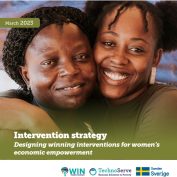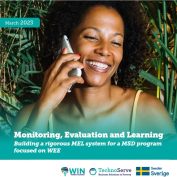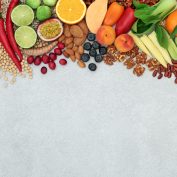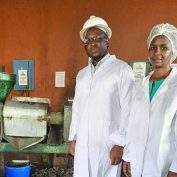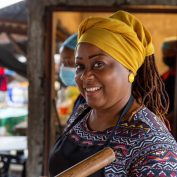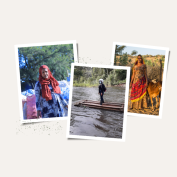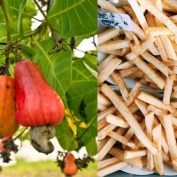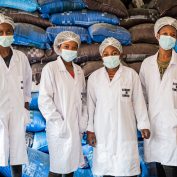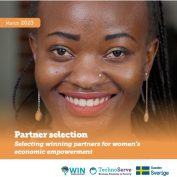
Partner Selection
Selecting Winning partners for women’s economic empowerment The WIN program was set up in Mozambique to advance women’s economic empowerment (WEE), especially among women entrepreneurs, using a Market Systems Development (MSD) approach. MSD programs work with market actors (private and public sector) to design and test ways to improve the…
